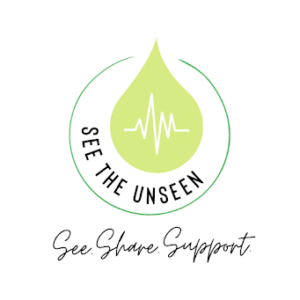Last week I received an opinions article from Tim Kaboya over how to help the less fortunate without being condescending — how to help them in a way that actually would benefit them in the future, instead of just a temporary fix. Don’t get me wrong. I think when it comes down to it, we Americans can be pretty great at bridging the poverty gap through charity.
This past summer I was able to study abroad and travel to Europe for six weeks, and it was incredible. Visiting seven countries in six weeks was exhausting, but also incredibly fulfilling.
Something easy to notice was the poverty in Europe — somehow it just seemed more open there than here in America. I saw evidence of this poverty in the subway systems, outside ancient churches and right around the corner from my hostel in Paris. Maybe because I was a tourist myself, I couldn’t help but observe how other tourists treated the poor surrounding them. Did they, like myself, simply walk by with minimal eye contact? Or did they offer a spare Euro or two? Some even went as far as to show open annoyance with the beggars blocking that part of the sidewalk.
But it was outside the Medici Chapel in Florence during our last week in Europe when I finally saw what I was looking for. I didn’t know I had been looking for it until it was right in front of me. For the past two days, this same beggar woman was planted outside the chapel doors, with a dark hood pulled over her head and a cup in her thin hand, asking for spare change. I’d passed her several times already with my group and couldn’t help but notice her. On our last day in Florence, as we walked by the old, familiar church, I saw this beggar woman again; however there was another woman with her, about the same age with a kind face. She was kneeling beside this poor young woman, gripping her hand tightly with her head bowed in what I immediately recognized as prayer.
I was amazed. I had seen poverty everywhere in Europe during my time there; however, I hadn’t seen an act as thoughtful and inspiring as this one. The poor woman didn’t really seem to know what was happening to her. Her eyes were closed and tears fell down her face in overwhelming gratitude. You could visibly see the power of prayer working in her.
And then I thought to myself, why couldn’t I have done this? How hard is it to pray with someone who really needs it? Even if I really couldn’t afford to spare any change, the gift of time and a considerate action would definitely have sufficed.
The article last week used the example of a father giving his child money, not because he cares how he or she spends it, but rather just to get the child off his back. I feel as if this is how we view most of the poverty we encounter — we pretend to care only when we are pressured to help them. How many times have we passed the homeless asking for handouts and said, “Oh, I’m not sure I can give them money. Who knows what they’ll spend it on…”? And then if we actually do give spare change, we do it silently, with a head movement barely passable for a nod. We keep our interactions with these people to a minimum. We are uncomfortable and choose to be unaware of their circumstances.
I don’t know her name, I never even said a word to her, but that woman I saw praying with the beggar is one of my personal heroes. It’s not about choosing to help; it’s about choosing to see. And that’s exactly what she did. Imagine the difference we could make if we all stepped outside our comfort zones and into the lives of those who need us. From saying a prayer in Florence to treating the homeless man at the corner of OnCue to lunch, we are all capable of helping. So why don’t we?













Be First to Comment